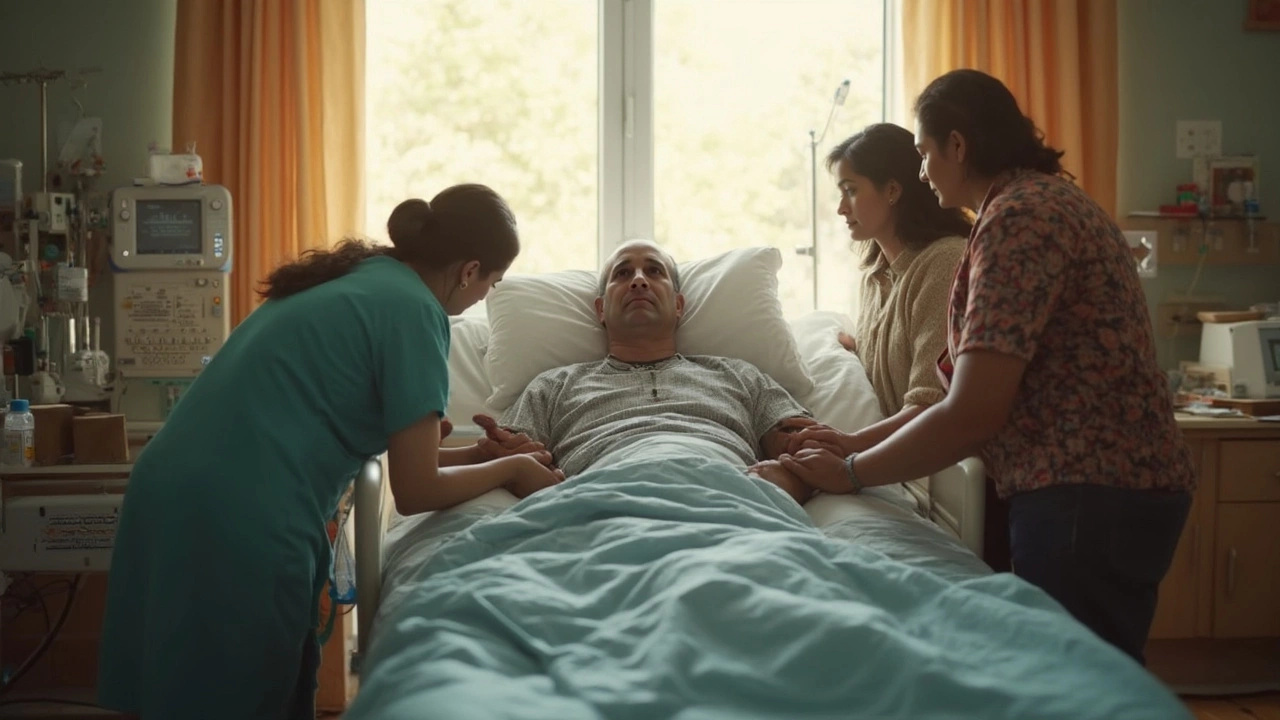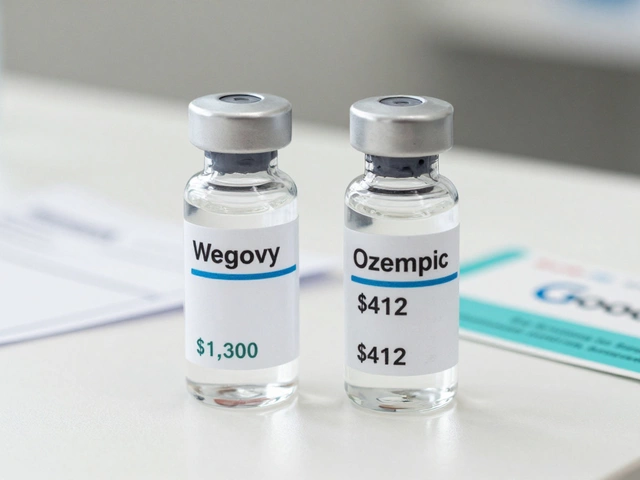Heart surgery is no walk in the park, but some procedures take recovery to a whole new level. This article breaks down why certain heart surgeries are so hard to bounce back from. Expect real talk about pain, daily challenges, and what recovery actually looks like. You’ll also find practical tips to ease the process and some interesting facts that might surprise you. Whether you’re prepping for surgery or helping someone who is, you’ll get real-world advice here.
Read MoreBypass Surgery: Essential Guide for Patients
If you or someone you love is facing bypass surgery, the whole process can feel overwhelming. You probably have a lot of questions: How long will the operation take? What will the hospital stay be like? What can you do right now to make recovery smoother? We’ve put together straightforward answers to help you move forward with confidence.
Bypass surgery, often called coronary artery bypass grafting (CABG), is used when arteries that supply the heart are blocked. surgeons take a healthy blood vessel—usually from the leg, chest or arm—and create a new route for blood to flow around the blockage. This restores oxygen to the heart muscle and relieves chest pain.
Before the Surgery: What to Prepare
Start by gathering your medical records. Bring any recent tests, medication lists, and a clear list of allergies. Your surgeon will review these and may ask you to stop certain blood thinners a few days before the operation.
Nutrition matters, too. A few weeks ahead, aim for a balanced diet rich in fruits, vegetables, lean protein, and whole grains. Cutting back on salty, fried, or sugary foods can help keep your blood pressure stable and your body ready for surgery.
Don’t forget to arrange a support system. Ask a family member or friend to stay with you the night after surgery, and plan for help with daily chores during the first week of recovery. Having a plan in place reduces stress and lets you focus on healing.
Finally, ask your doctor about any pre‑surgery exercises they recommend. Light walking or gentle stretching can improve circulation and make anesthesia safer.
Recovery and Pain Management
Most patients leave the hospital after 3‑5 days, but how you feel at home depends on a few key habits. Follow the medication schedule exactly—pain relievers are essential for the first few days, and they also help you breathe deeply, which reduces lung complications.
Start moving as soon as your doctor says it’s okay. Short walks around the room, even just a few feet, prevent blood clots and keep your lungs clear. Gradually increase the distance each day; you’ll notice your stamina coming back faster.
Watch your incision sites. Keep them clean and dry, and report any redness, swelling, or unusual drainage to your surgeon right away. Most stitches dissolve on their own, but some may need removal after a week or two.
Nutrition and hydration stay important during recovery. Aim for 2‑3 liters of water daily, and stick to heart‑healthy meals. Small, frequent meals are easier on the stomach and help maintain steady energy levels.
Sleep is your body’s repair mode. Use pillows to keep your upper body slightly elevated, which eases breathing and reduces strain on the chest. If you’re struggling with pain at night, talk to your doctor about adjusting doses before bedtime.
Check in with your cardiac rehab program. These supervised sessions combine gentle exercise, education, and support, and they’re proven to cut the chance of future heart problems. Even if you’re not enrolled, a simple weekly walking schedule can do wonders.
Lastly, keep a positive mindset. It’s normal to feel anxious or frustrated, but staying engaged—reading, listening to music, or chatting with friends—helps your brain release chemicals that lower pain perception.
By following these practical steps, you’ll give yourself the best shot at a smooth recovery after bypass surgery. Remember, every small effort adds up, and you don’t have to go through it alone.





